|
People in the West are rolling up their sleeves for booster shots of COVID-19 vaccine to combat the Omicron variant. Meanwhile, vast numbers of people in the Global South have yet to receive a single shot, despite pledges from Western countries to supply millions of vaccine doses. Vaccine inequity is a big reason why the Omicron variant was able to develop. The reason we need third doses is directly related to the fact that others have had none.
Today in The Conversation Canada, Dawn Bowdish and Chandrima Chakraborty of McMaster University explain how in places with low vaccination rates, the virus that causes COVID-19 has the chance to linger. This enables variants to emerge and spread. “This entirely predictable pattern is destined to repeat itself unless countries with resources share vaccines with others that cannot afford them.”
Also today:
|
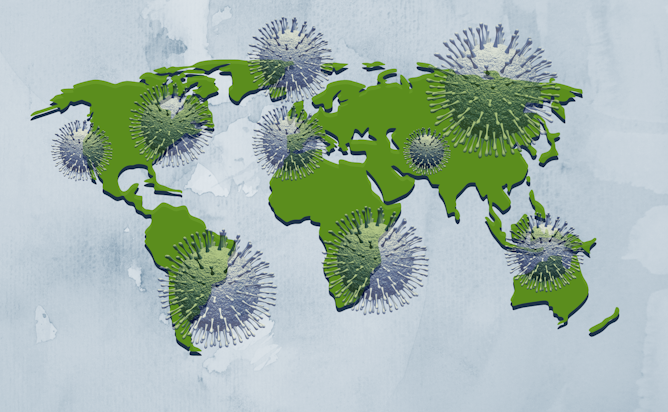
While people in the wealthy West have had preferred access to multiple rounds of vaccines, vast numbers of people, especially in Africa and on the Indian subcontinent, haven’t received a single dose.
(Pixabay/Canva)
Dawn ME Bowdish, McMaster University; Chandrima Chakraborty, McMaster University
In places with low vaccination rates, COVID-19 has the chance to linger, and variants develop and travel. Without global vaccine equity, this entirely predictable pattern will repeat itself.
|
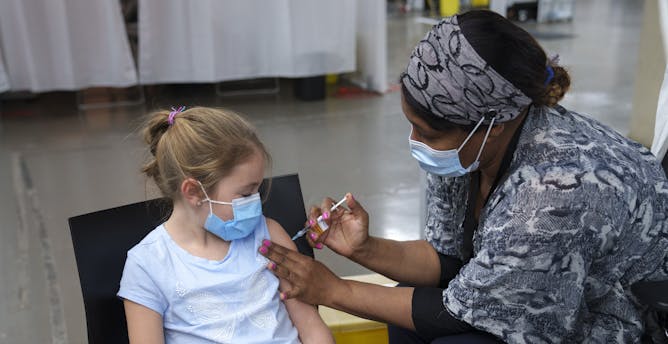
A young girl receives a COVID-19 vaccine during the second day of vaccination for children aged five to 11 years old in Montréal in November 2021.
THE CANADIAN PRESS/Paul Chiasson
Thomas Klassen, York University, Canada
Conversations and debates about vaccine mandates will continue well into next year as policy-makers balance individual freedom and public well-being.
|
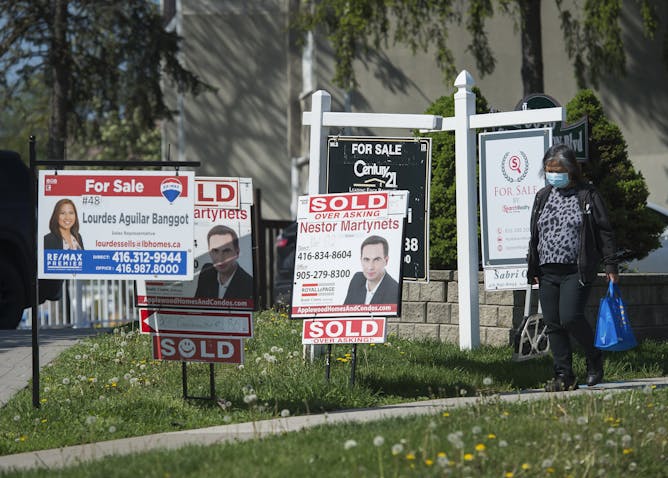
Demand for real estate throughout Canada has made housing unaffordable.
THE CANADIAN PRESS/Nathan Denette
Brian Doucet, University of Waterloo
As demand grows for real estate and housing prices rise, more people are being priced out of the market. Government intervention is needed to produce affordable housing and control speculation.
|
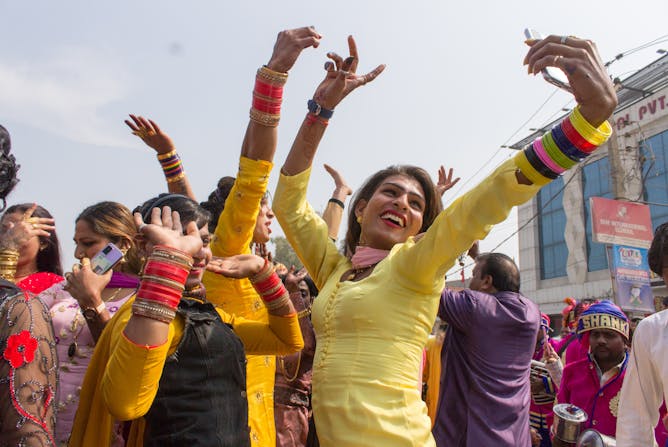
Even though trans people and communities have had to assume the responsibility of providing supports to community members during the pandemic, this can also be read as resistance.
(Shutterstock)
Sohini Chatterjee, Western University
Trans people have lost access to public spaces and places, which has made it difficult for them to earn their living.
|
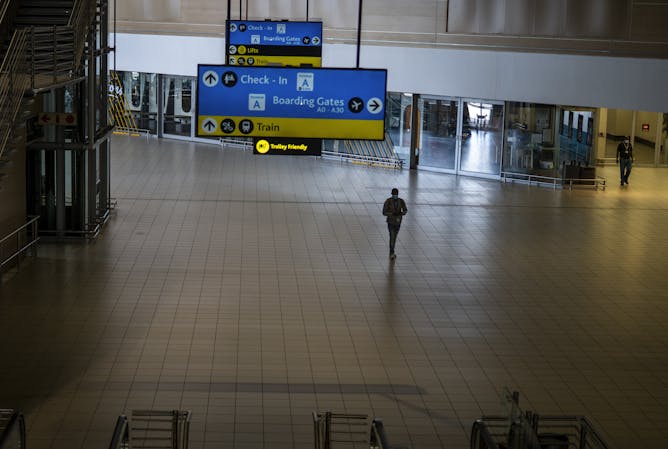
Bonnie Campbell, Université du Québec à Montréal (UQAM)
L’émergence d’Omicron a mis en lumière les profondes inégalités vaccinales sur la planète. Mais aussi l’attitude indéfendable du Canada vis-à-vis l’Afrique.
|
Health
|
-
Gavin Brookes, Lancaster University; Paul Baker, Lancaster University
The way the press talks about obesity has changed over time.
|
|
Environment + Energy
|
-
Matthew Druckenmiller, University of Colorado Boulder; Rick Thoman, University of Alaska Fairbanks; Twila Moon, University of Colorado Boulder
Sea ice is thinning at an alarming rate. Snow is shifting to rain. And humans worldwide are increasingly feeling the impact of what happens in the seemingly distant Arctic.
|
|
Science + Tech
|
-
Phoebe McInerney, Flinders University; Lee Arnold, University of Wollongong; Trevor H. Worthy, Flinders University
Genyornis newtoni was one of the biggest birds ever to walk the earth. And new research shows its mysterious extinction may have come amid a bout of widespread bone disease as its lake home dried out.
|
|